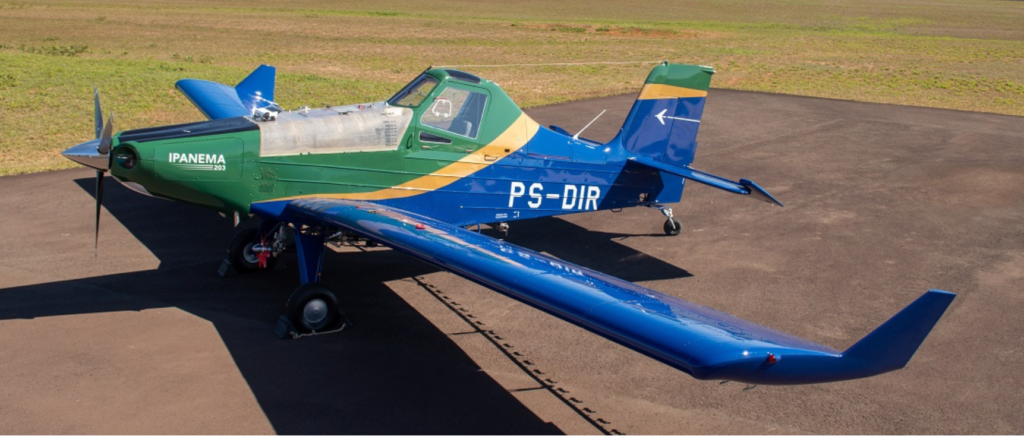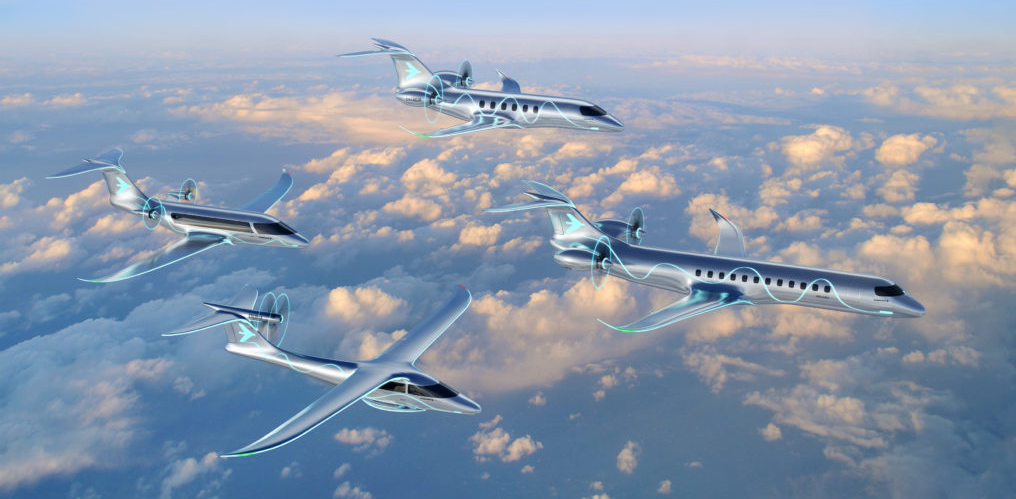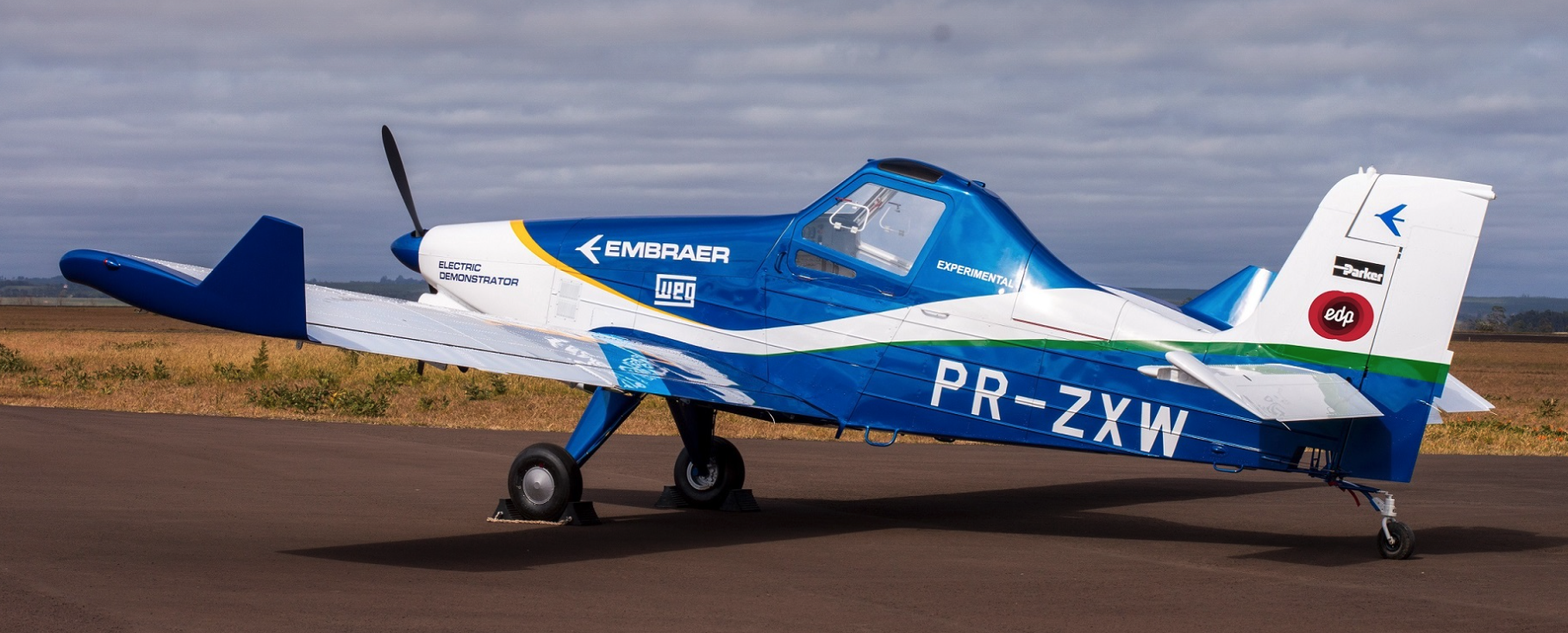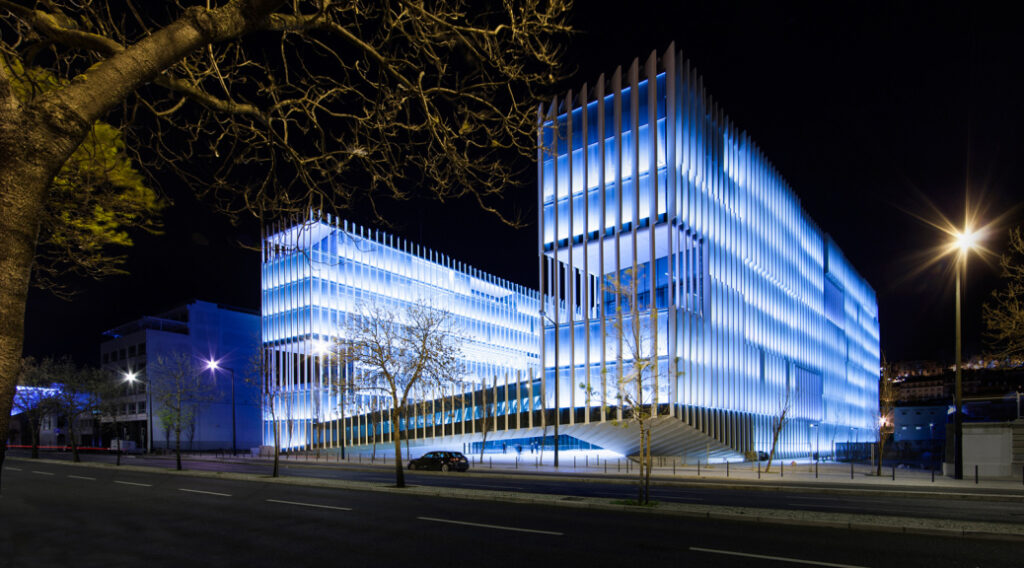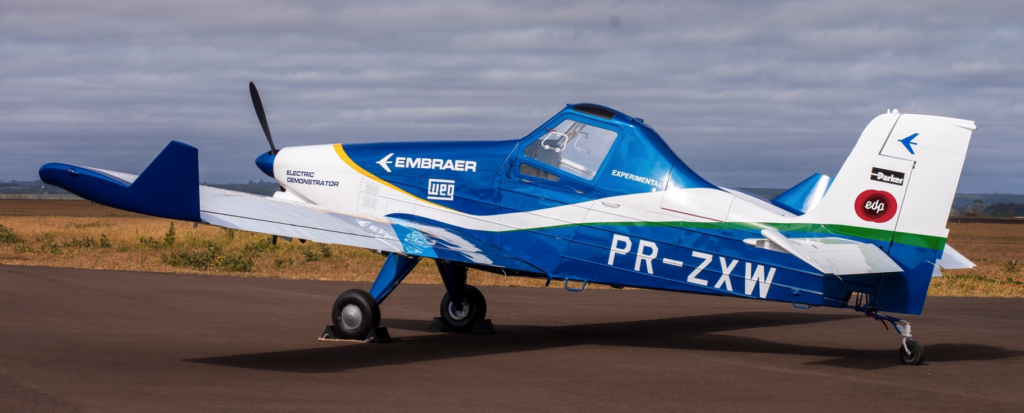Botucatu, Brazil, January 15, 2024 — Embraer SA (ADR-NYSE: ERJ) Agricultural Aviation Division delivered 65 Ipanema airplanes in 2023, an increase of 18% compared to the previous year. As a result, in December, the company reached the milestone of 1,600 units produced and delivered over the aircraft’s five decades of uninterrupted production.
Since the launch of the new version of the EMB-203 model in 2020, the company has seen continuous growth in sales and plans to increase production to 70 planes this year.
As the leader in the Brazilian aerial applications market, the Ipanema brings innovations and improvements that increase robustness with low operating costs and carbon emissions. The Ipanema is the only agricultural airplane certified and produced in series to fly on ethanol, a renewable energy source that provides increased power to the aircraft’s engine.
Forward-Looking Statements
This press release may contains forward-looking statements within the meaning of the Private Securities Litigation Reform Act of 1995, including expected delivery dates. Such statements are based on current expectations and projections about our future results, prospects and opportunities and are not guarantees of future performance. Such statements will not be updated unless required by law. Actual results and performance may differ materially from those expressed or forecasted in forward-looking statements due to a number of factors, including those discussed in our filings with the Securities and Exchange Commission.
